The best Australian business deals since the GFC
Timing was everything in the top deals of the past 10 years.
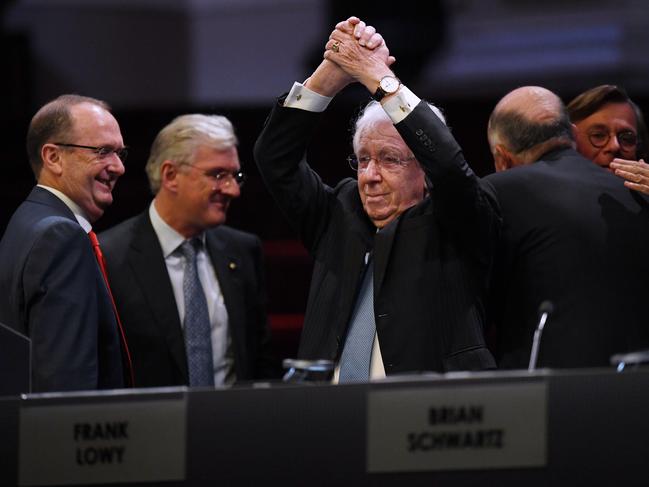
Type “deal” into the internet to check out the synonyms and be reminded of a four-letter word with rich allusions.
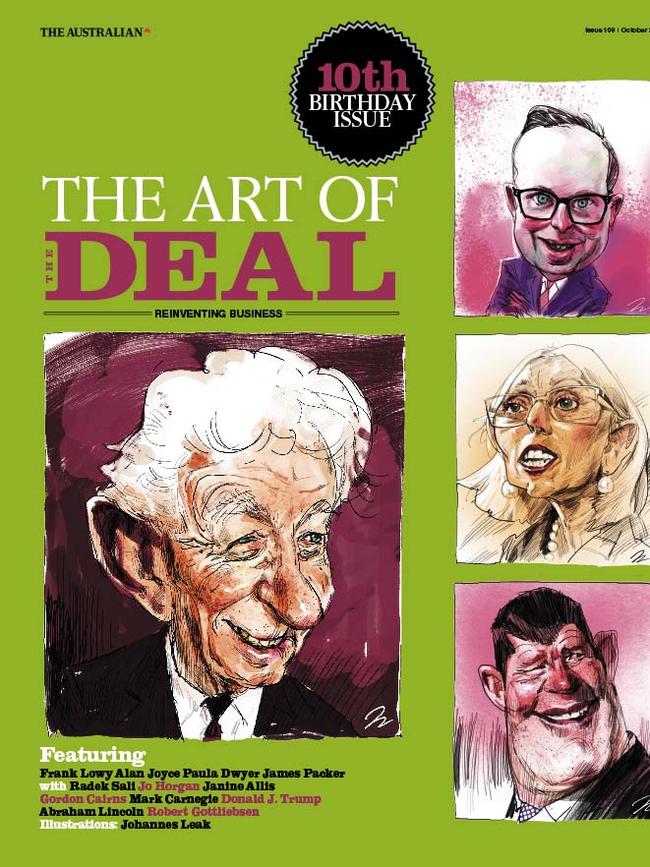
Along with “effect”, “execute” and “fix”, you will find that a deal can also be described as a “scam”, “con” or the delightful “finagle”.
Some say that the ability to make a good deal is intuitive; others insist that negotiation skills can be taught. What is clear is that some people are better than others at closing a sale, whether it’s for a house or a multimillion-dollar company.
In this 10th birthday issue of The Deal, we look at 10 of the deals that have helped define business success in Australia in the past decade.
- Read next: The decade’s worst deals
1. Westfield Corporation’s sale to Unibail-Rodamco for $US24.7 billion, 2018
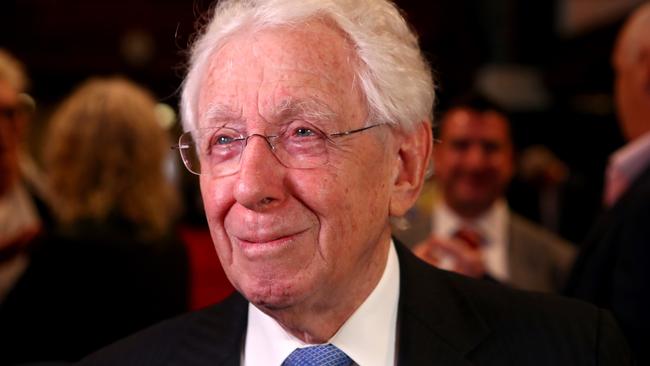
The jury may still be out on how the company performs in the future, but no one can deny the impeccable timing of the sale.
Westfield, chaired by co-founder Frank Lowy, staged its exit this year as retailers face falling sales and headwinds from an increasing number of consumers shopping online – a trend that is eating into the profits of landlords. And while Westfield is likely to remain the strongest performer among shopping mall owners, many believe the best days are over for retail landlords everywhere, as e-commerce giant Amazon and others are expected to increase their dominance, pushing fashion retailers, bookshops and some department stores out of business.Although other types of tenants, including restaurants and leisure providers, are taking the place of department stores and fashion retailers, the expectation is that they will be paying cheaper rents.
The timing of the sale was also ideal in terms of the windfall for shareholders. As Lowy pointed out at the company’s annual general meeting in May, $1000 invested in Westfield in 1960 would today be worth more than $400 million.
The other reason Westfield deserves to be at the top of the list is its size and global impact.
Deal-makers will tell you that from a technical perspective, this deal was not particularly complex. It is also understood to have been largely negotiated between the principals.
Working on the transaction when it was announced were Deutsche Bank and Goldman Sachs for Unibail-Rodamco; UBS, Rothschild, and Jefferies for Westfield. The long list of law firms involved included Allens and King & Wood Mallesons.
2. Macquarie’s sale of Dyno Nobel for $3.3 billion, 2008
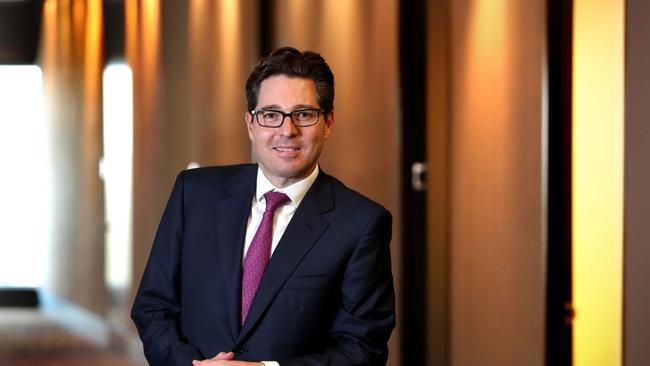
The so-called millionaires’ factory lived up to its reputation in 2008 when the Norwegian explosives firm it bought in 2005 for $US1.7 billion ($2.23 billion) was sold for a huge price.
In 2005, the Macquarie consortium retained Dyno Nobel’s Australian and North American businesses, but sold the Latin American, Asian, European, Middle Eastern and African operations to Orica for $US685 million. The interests the Macquarie consortium retained were floated the following year, with a 57 per cent stake sold down via a $1.05 billion ($US780 million) initial public offering, valuing the business at the time at $1.7 billion.
Then in 2008, Dyno Nobel was subject to a takeover by Incitec Pivot for a massive $3.3 billion. This was typical of the sort of deal being executed by Macquarie during the giddy market highs before the global financial crisis. While Macquarie had its fair share of boomtime transactions that lost their shine when values crashed, this was certainly one of its best.
The Macquarie consortium initially acquired Dyno Nobel from European private equity firm Industri Kapital, and Incitec Pivot has benefited from its acquisition.
Former Macquarie Group investment banking head and deal rainmaker Robin Bishop was the mastermind of the Dyno Nobel acquisition and sale. Working alongside him for the Incitec Pivot takeover was Max Billingham, who at the time was at Credit Suisse, while the former boutique advisory firm O’Sullivan Pullini advised Incitec Pivot.
3. Transurban Group’s acquisition of Queensland Motorways with its backers for $7.057 billion, 2014
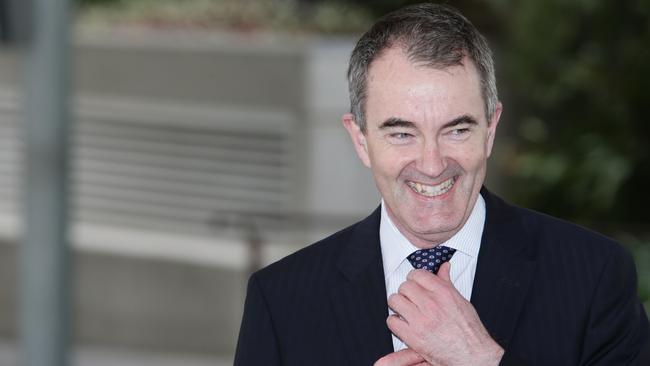
Some observers have categorised Transurban as Australia’s best buyer and developer of assets, although it is hard to pick one particular deal that ranks above the others. The purchase of Queensland Motorways is a good contender.
The price may have seemed steep at the time, but it effectively handed Australia’s largest toll road operator complete control of Queensland’s paid road network. It also enabled the company to go on and beat the competition to buy Brisconnections for $2 billion in 2015 because of the synergies it could extract from the road network it already controlled.
Transurban was advised on the transaction by Julian Peck, from Morgan Stanley, and Nick Forster, who at the time was at Goldman Sachs, with King & Wood Mallesons providing legal advice. Owner Queensland Investment Corp was advised by Jarrod Key at UBS and law firm Allens.
4. Westpac’s $18.6 billion acquisition of St George, 2008
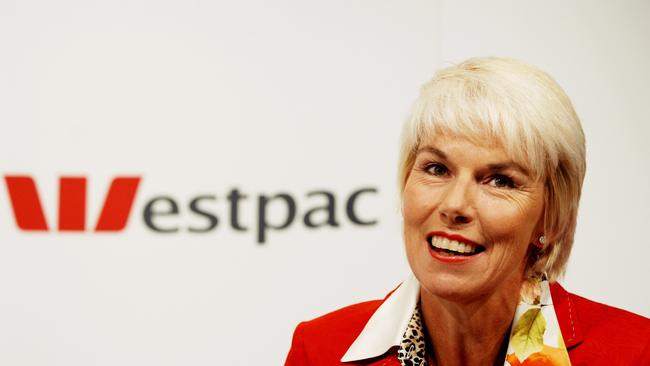
The parties involved in this transformational financial services deal did well to navigate their way through the immense volatility of the global financial crisis when some international banks were facing meltdown scenarios and securing debt for any acquisition was almost impossible.
The brains behind the transaction from the St George side were veteran banker Ron Malek and his offsider, Jamie Garis, who aided Westpac alongside law firm Gilbert + Tobin, while UBS rainmaker Matthew Grounds was in St George’s corner with law firm Allens.
One of the reasons this deal deserves a spot on the list of top-10 deals is that it saved St George Bank from a huge GFC disaster and created enormous value for Westpac. The negotiations were carried out over the course of one week and rebalanced Westpac away from institutional banking towards retail, making it a strong contender against the Commonwealth Bank of Australia.
Westpac fought off competition from AMP, ANZ, NAB and CBA to buy the jewel in the crown of Australian regional banking. Even better, it was able to acquire the business with its own scrip, which valued St George at the time at a 28.5 per cent premium to its share price at $18.6 billion, with shareholders securing 28.1 per cent of the merged entity.
One seasoned deal-making veteran observes that the transaction would not have received clearance from the Australian Competition and Consumer Commission if it were not for the disaster of the GFC.
5. Amcor’s $2.4 billion acquisition of Alcan Packaging from Rio Tinto, 2009
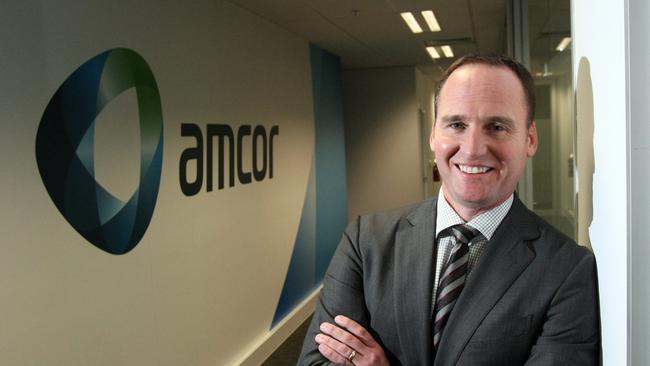
This deal on the watch of Ken MacKenzie was the largest he had carried out in his four-year reign as chief executive. Seasoned deal-makers applaud the transaction because, although it cost the company a lot of money (it undertook a $1.6 billion equity raising at the time to pay for it), it propelled Amcor into a whole new league, providing a platform for it to expand globally and exit domestic operations.
Few Australian companies expand offshore well. Amcor has been one of them.
6. Sale of Swisse vitamins and supplements to Biostime International for $1.67 billion, 2015
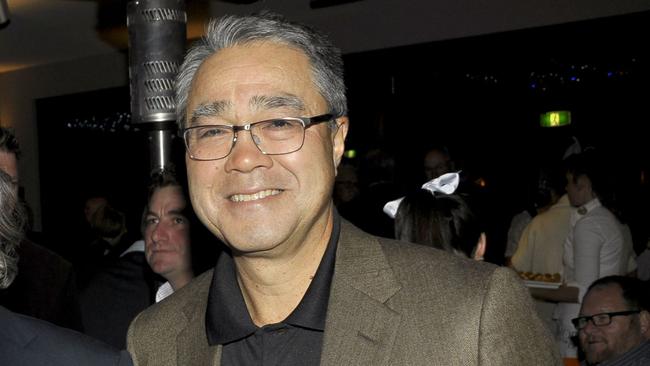
A perfect storm delivered a huge sale price for Swisse in 2015. Just two years earlier, the business was fighting to survive, but thanks to a sweeping overhaul of the operation, overseen by former Foster’s boss Trevor O’Hoy, and a sudden boom in the demand for Australian vitamins from China, the company fetched an eye-watering price. Helping was the fact that listed rival Blackmores had shot to stardom, with its shares smashing through the $100 barrier as the Chinese demand hit fever pitch.
Executive chairman O’Hoy was tasked with overhauling the business, which was owned and controlled by the founding Ring family, chief executive Radek Sali and former boss Michael Saba. It went from making $12 million in annual earnings before interest, tax, depreciation and amortisation, to $200 million when it was divested over a two-year period.
To help steer it through troubles with its loss-making US arm, Goldman Sachs’ special situations fund injected $70 million into the company. The US expansion was abandoned and the $40 million a year spent on costly promotions and contracts with stars such as Oscar-winning actor Nicole Kidman were reined in. Sales volumes were fixed, loss-making products were removed and overheads were slashed, with market spend more targeted.
Biostime won a three-way contest against Shanghai Pharma and Hony Capital after sales talks started in the second half of 2014. Should it achieve major penetration in China, the deal will look even better. The advisers working with Swisse were Goldman Sachs bankers Christian Johnston and Adam Gregory, while the law firm was Herbert Smith Freehills.
7. Vitol’s acquisition of Shell assets for $2.9 billion, 2014
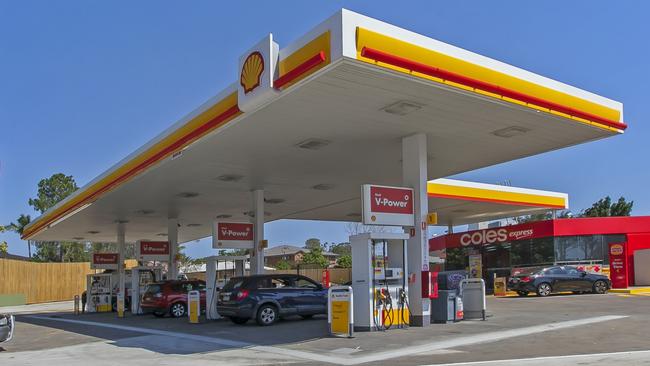
The timing of this deal was perfect for Vitol in that it snapped up the Shell downstream assets, which included service stations and the Geelong refinery, just as petrol margins trebled. In the past four years, Vitol has spent about $1 billion, and also bought Shell’s aviation business for $US250 million in 2016, but it has reaped the rewards. It floated the real estate in the portfolio two years ago for a price that valued it at $1.5 billion, and this year it divested the operating arm by way of an initial public offering that valued the company at $4.86 billion. The company may have been trading below the listing price since its IPO but investors have always thought it would be low risk with modest earnings growth.
Shell needed the money after it went on to acquire BG Group for $US70 billion, also selling stakes in its WA gas project for $1.14 billion as part of its drive to improve its return on investment.
Vitol moved on the Australian portfolio after acquiring Shell’s downstream Africa business in 2011, netting Shell $1 billion. It secured Shell’s bulk fuels, bitumen, chemicals and part of its lubricants business, and the Geelong refinery and 870 retail businesses as part of the Australian deal.
Advising Shell was Bank of America Merrill Lynch. Vitol’s law firms were Gilbert + Tobin and Sherman and Sterling.
8.BG Group’s takeover of Queensland Gas Company for $5.6 billion, 2008
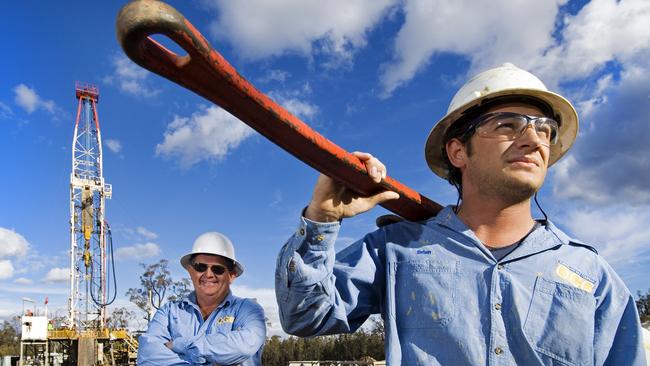
This was by far the largest on-market takeover in Australian history, and it remains so to this day. The deal was executed quickly and occurred a mere 18 months after Queensland Gas Company (QGC) had defeated a hostile $1.3 billion takeover from Santos.
It happened during a coming of age for the east-coast LNG sector and resulted in a race among the projects to be first to market, a race that was won by BG Group. It also provided BG with a globally relevant asset, which was one of the reasons it itself was later taken over by Shell.
Former JP Morgan banker Alan Young was BG’s adviser, while Goldman Sachs and Morgan Stanley were also on the ticket. QGC was advised by Austock and ABN Amro.
9. Evolution Mining’s acquisition of Glencore’s Ernest Henry gold mining operation for $880 million, 2016
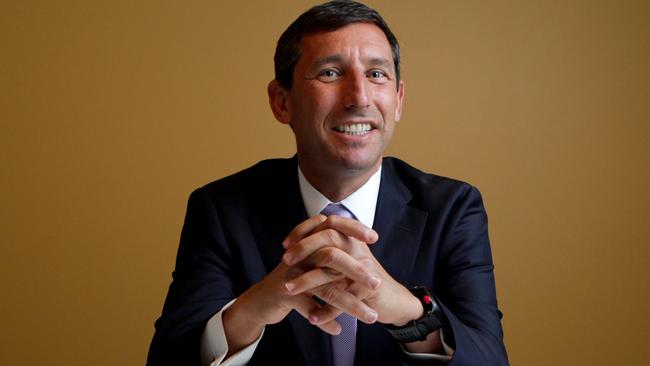
Evolution Mining’s acquisition two years ago won the praise of its investors and was largely applauded by all deal-makers in the resources sector.
It was a brave move by Evolution, and transformed the company from a small cap stock to the country’s second-largest gold miner at a time when the commodity remains in favour. The share price has almost doubled since and the deal has taken its market value to $4.65 billion. One observer categorised Evolution as similar to Transurban in that, headed by Jake Klein, it was good at embarking on transactions over a long period. RBC and law firm Allens advised on the deal.
10. Warrnambool Cheese and Butter acquisition by Saputo for $464 million, 2015
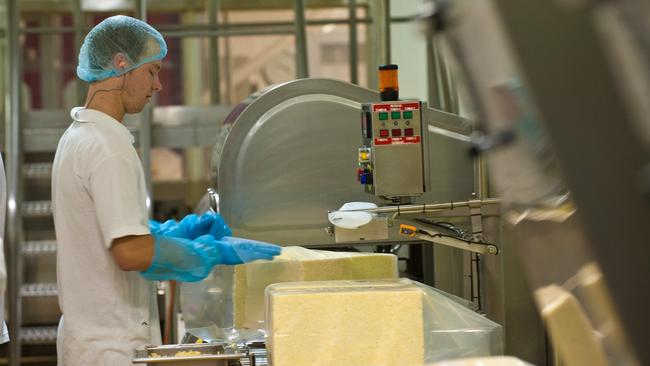
It may be a small deal, but this makes the list as it was transformational for Australia’s dairy industry and was one of the most highly contested and contentious takeovers.
Bidding started in September 2013 when Bega Cheese made the first move, offering $319 million cash, and then Saputo and Murray Goulburn both waded into the battle. It ended after much excitement in February 2015 with the Canadian dairy giant Saputo buying the business for $464 million – a massive 31 per cent more than the first offer.
The deal brought the Canadian Saputo to the Australian market, and more recently it has acquired Murray Goulburn. It was the first big step in a substantial consolidation for the sector and marked a changing of the players.
Saputo was advised by Rothschild’s Sam Prentice, while Brodie Treloar, then with CIMB, worked for WCB. David Williams from Kidder Willams advised Bega Cheese and Charles Whiting from Lazard advised Murray Goulburn.

